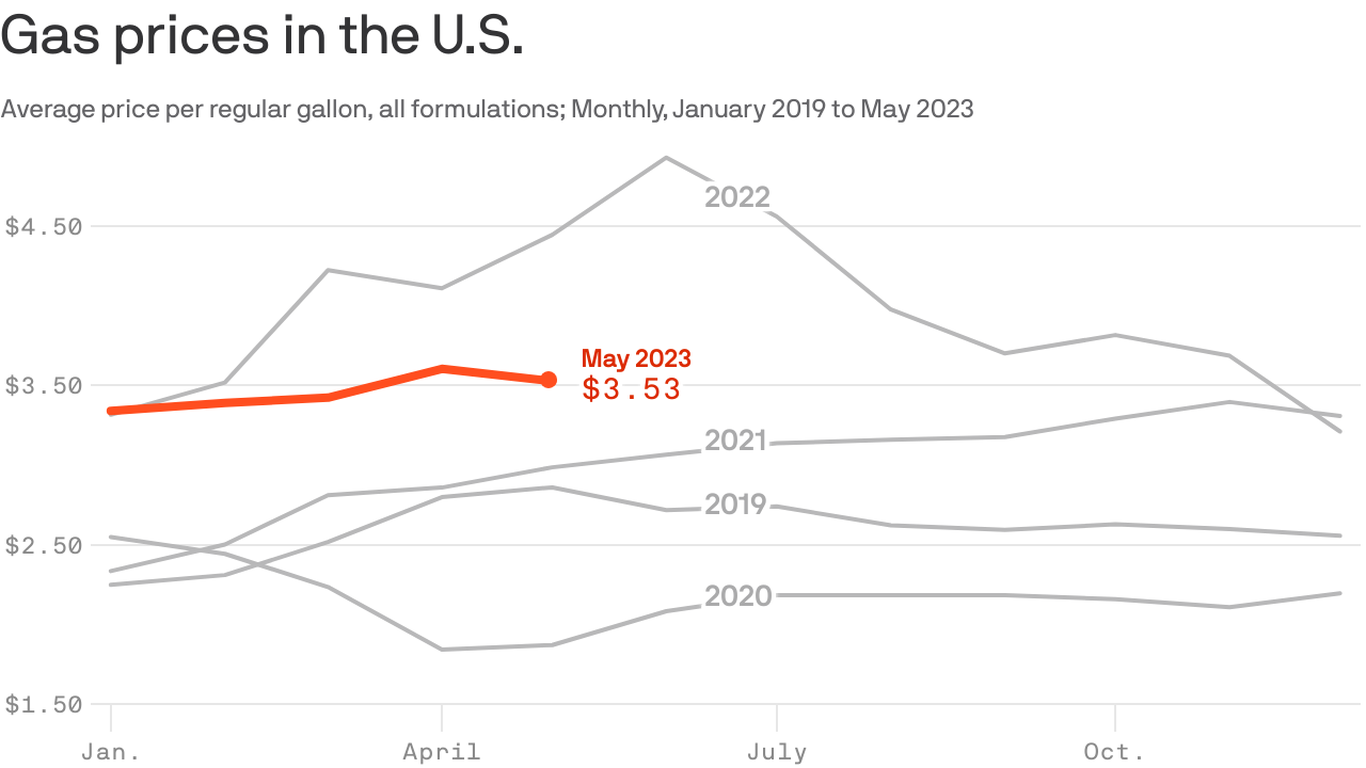The Impact Of Industry Downsizing On Video Game Accessibility

Table of Contents
Reduced Development Resources and Accessibility Features
Smaller development teams, a common consequence of industry downsizing, often struggle to dedicate sufficient time and budget to crucial accessibility features. These features, which range from customizable controller options and robust subtitle systems to colorblind modes and alternative input methods, are frequently sidelined in favor of core gameplay elements when resources are tight.
- Fewer QA Testers: A reduced quality assurance (QA) team means fewer individuals to thoroughly test for accessibility issues, leading to potential oversight and the release of games with significant accessibility flaws.
- Budget Constraints: Accessibility features often require significant investment in development time and specialized tools. Budget cuts frequently result in delayed implementation, scaled-back features, or the complete cancellation of planned accessibility initiatives. Imagine a game's planned screen reader compatibility being cut due to budget constraints – this directly impacts blind players.
- Limited Scope for Inclusive Design: Downsizing can also limit the scope of inclusive design, impacting not just technical features but also narrative design and game mechanics. For example, a smaller team might not have the resources to design diverse character representations that cater to a wider range of player needs and preferences.
- Examples: Several games, especially smaller indie titles, have seen their accessibility features impacted by financial difficulties, leading to community disappointment and frustration.
Loss of Specialized Accessibility Expertise
Downsizing disproportionately affects specialized roles, including accessibility specialists, designers, and usability testers. These are often the first to be let go, leading to a significant loss of institutional knowledge and expertise.
- Recruitment Challenges: Finding and retaining experienced accessibility professionals is inherently challenging, even in a thriving market. Following layoffs, this challenge becomes even more pronounced, leaving companies struggling to fill vital roles.
- Loss of Institutional Knowledge: Years of accumulated knowledge and best practices in accessibility are lost when experienced professionals are laid off. This creates a void that significantly hinders future accessibility efforts.
- Increased Reliance on Less Experienced Individuals: With experienced accessibility professionals gone, the burden often falls on less experienced team members, who may lack the necessary skills and knowledge to create truly effective accessibility features. This can result in poorly implemented features or features that are ultimately ineffective.
- Consequences: The consequence is a noticeable decline in the quality and comprehensiveness of accessibility features across affected games.
Impact on Community Support and Accessibility Testing
Downsizing also often impacts a studio's ability to engage effectively with its community and conduct thorough accessibility testing.
- Reduced Community Engagement: Smaller teams have limited capacity to collect and implement player feedback, particularly from players with disabilities. This lack of engagement leaves critical accessibility issues unaddressed.
- Limited Accessibility Testing: Fewer resources are allocated for beta testing with accessibility users, resulting in incomplete identification and resolution of accessibility bugs before release.
- Infrequent Updates and Patches: Post-launch updates and patches addressing accessibility issues are often delayed or neglected due to resource constraints following downsizing.
- Negative Player Experience: The cumulative effect of these factors significantly impacts the overall player experience for individuals with disabilities, highlighting the crucial need for continued investment in accessibility even during challenging times.
The Long-Term Effects on Inclusive Game Design
The cumulative effect of reduced investment in accessibility due to industry downsizing has far-reaching consequences for the future of game development.
- Reduced Innovation: A lack of dedicated resources and skilled professionals hinders innovation in accessible gaming technology and design.
- Slower Progress Towards Inclusion: The gaming industry's progress toward creating a truly inclusive landscape is slowed significantly.
- Marginalization of Players: Players with disabilities continue to be marginalized if accessibility is not prioritized consistently.
- Industry-Wide Initiatives: The need for industry-wide initiatives and collaborative efforts to prioritize accessibility becomes even more critical.
Ensuring Accessibility in a Changing Industry
Industry downsizing negatively impacts video game accessibility, resulting in reduced resources for accessibility features, loss of expertise, diminished community engagement, and slower progress towards inclusive game design. Prioritizing accessibility, even during economic hardship, is crucial to ensure that all players can enjoy the world of video games. We urge you to support game studios that demonstrably prioritize accessibility in their development processes. Contact studios directly to advocate for accessibility features, support games with strong accessibility records, and join accessibility advocacy groups to amplify the voices of players with disabilities. By working together, we can ensure that the impact of industry downsizing on video game accessibility is mitigated, fostering a more inclusive and enjoyable gaming experience for everyone.

Featured Posts
-
 Amsterdam Stock Index Plunges Over 4 Drop To Year Low
May 24, 2025
Amsterdam Stock Index Plunges Over 4 Drop To Year Low
May 24, 2025 -
 Burclar Ve Babalik Hangi Erkek Burclari Daha Zorlu Babalar
May 24, 2025
Burclar Ve Babalik Hangi Erkek Burclari Daha Zorlu Babalar
May 24, 2025 -
 Is News Corp An Undervalued Asset A Deep Dive Into Its Business Units
May 24, 2025
Is News Corp An Undervalued Asset A Deep Dive Into Its Business Units
May 24, 2025 -
 Amerikaanse Beurs In De Rode Cijfers Aex Toont Veerkracht
May 24, 2025
Amerikaanse Beurs In De Rode Cijfers Aex Toont Veerkracht
May 24, 2025 -
 News Corp An Underappreciated Media Conglomerate With Growth Potential
May 24, 2025
News Corp An Underappreciated Media Conglomerate With Growth Potential
May 24, 2025
Latest Posts
-
 Memorial Day Gas Prices A Decade Low Forecast
May 24, 2025
Memorial Day Gas Prices A Decade Low Forecast
May 24, 2025 -
 Record Low Gas Prices Predicted For Memorial Day Weekend
May 24, 2025
Record Low Gas Prices Predicted For Memorial Day Weekend
May 24, 2025 -
 Sandy Point Rehoboth Ocean City Beaches Memorial Day Weekend 2025 Weather Prediction
May 24, 2025
Sandy Point Rehoboth Ocean City Beaches Memorial Day Weekend 2025 Weather Prediction
May 24, 2025 -
 2025 Memorial Day Weekend Beach Forecast Ocean City Rehoboth Sandy Point
May 24, 2025
2025 Memorial Day Weekend Beach Forecast Ocean City Rehoboth Sandy Point
May 24, 2025 -
 Memorial Day Weekend 2025 Beach Forecast Ocean City Rehoboth Sandy Point
May 24, 2025
Memorial Day Weekend 2025 Beach Forecast Ocean City Rehoboth Sandy Point
May 24, 2025
